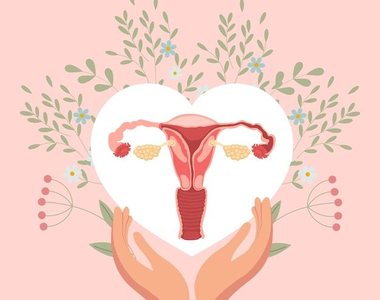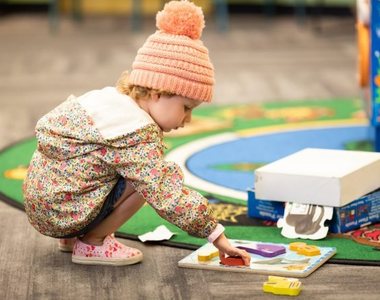
We all know that being a single woman on the road, in the late evening is never safe. Just the thought that we can attack from moment to moment frightens us. It is important to be prepared and to know how to be alone.
Nelson Nio, a martial arts specialist, gives us some little tips we need to know when we are in such a situation.
1. Be attentive
Many aggressors make sure their prey does not mind, possibly being distracted with headphones in the ear. When you are alone, concentrate and be on alert.
2. Pay special attention to every noise
At the moment when something suspicious emerges, fold your arms, bend a little, and position yourself.
3. Learn where to hunt
The idea is to hit it in a sensitive place so you can leave it an hour ago. Spit on the eyes, nose, throat or abdomen.
4. What to do when someone drives the gun
Never agree to go somewhere with the striker even if you run a gun. In such a case, come back, run right now zigzag and yell as much as you can.
5. What to do when someone catches you from the arm:
Hold the fist with the other hand, lift the elbow up and push for fever as much as you can.
6. What to do when someone intends to suffocate you
Lift up your arm and shoot your elbow in your face.
7. Voice is your weapon
If someone comes to you, there is an opportunity to push him back from where he came from. Filled with the breath and from the depth of the crying spirit: LARGOHUUUUUUU. Voice is a natural defense mechanism.
To have a clearer idea follow the video below:





